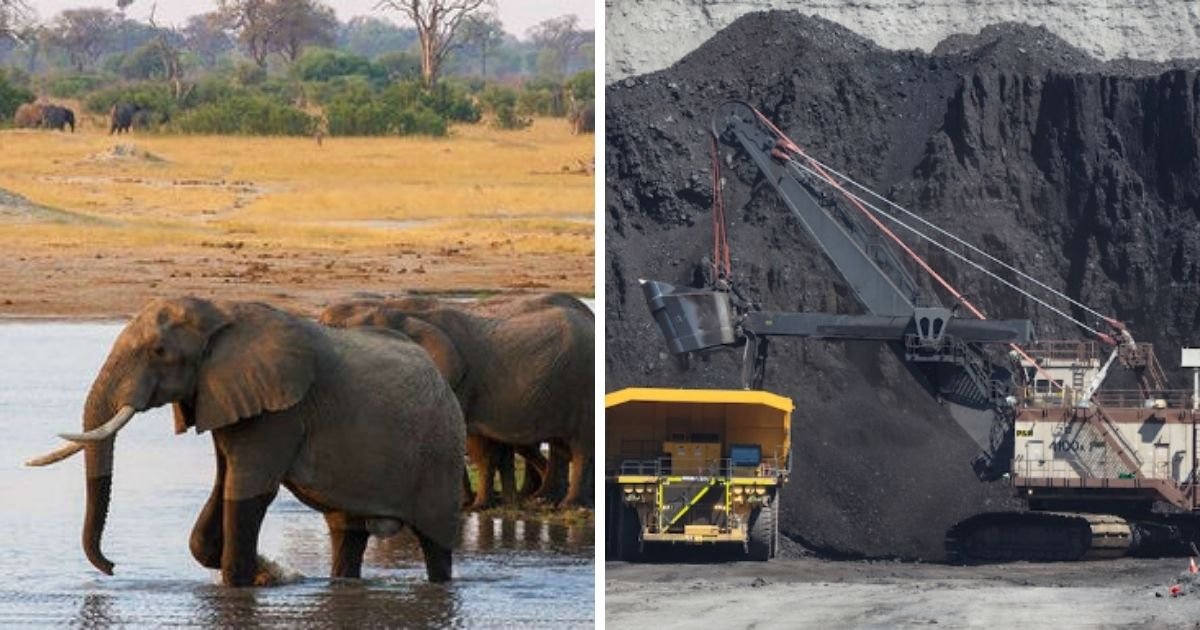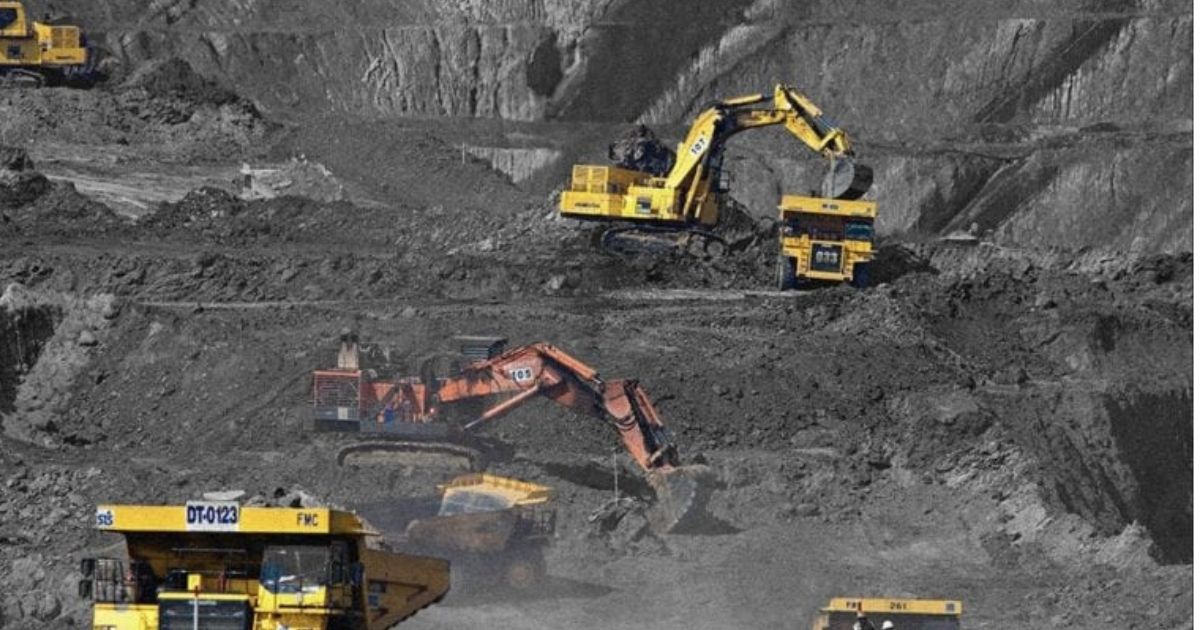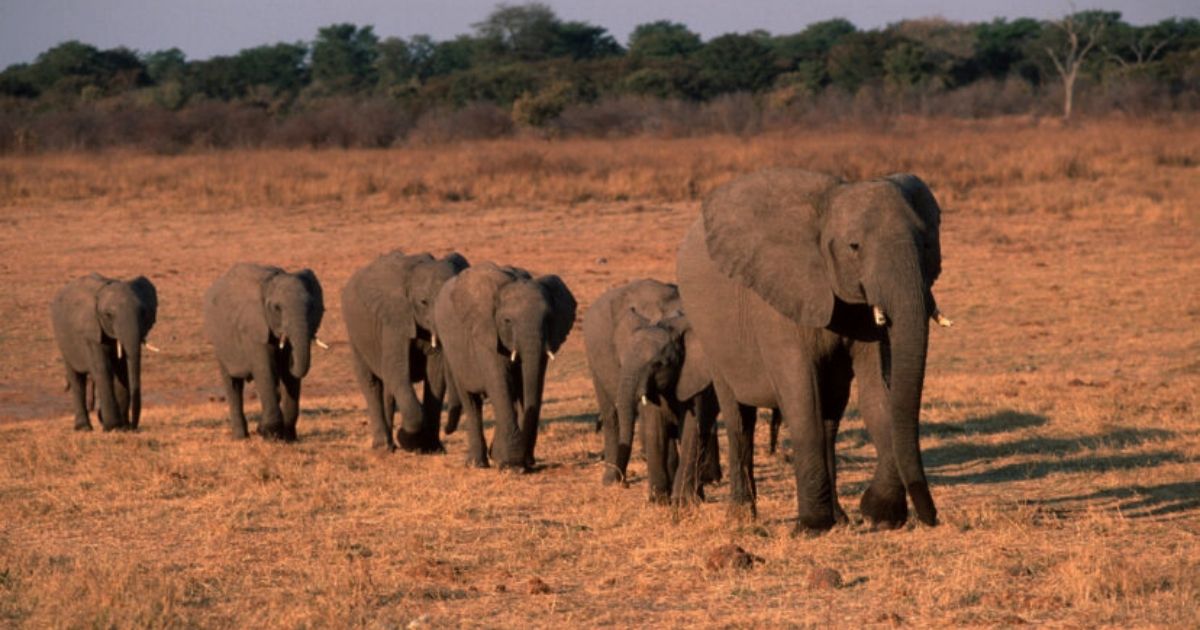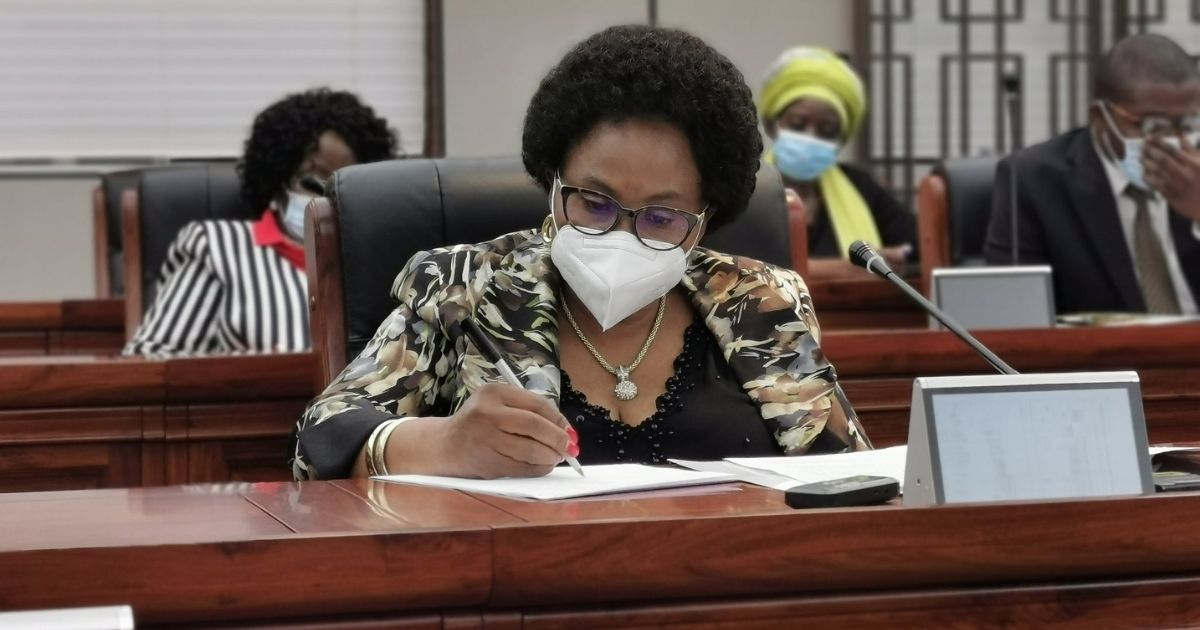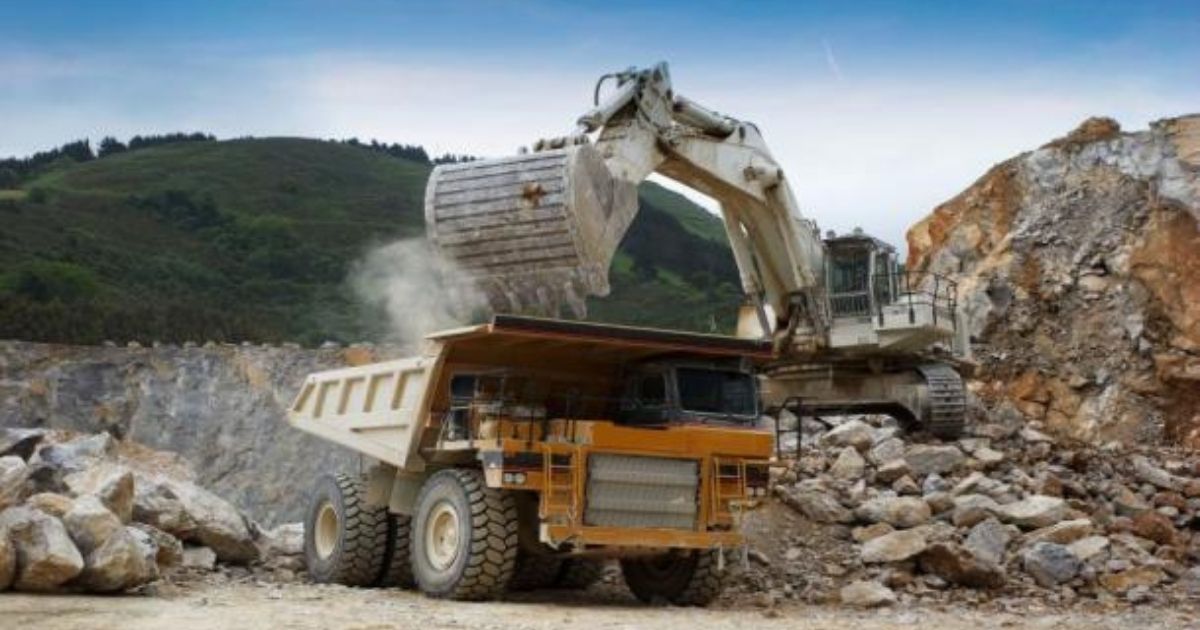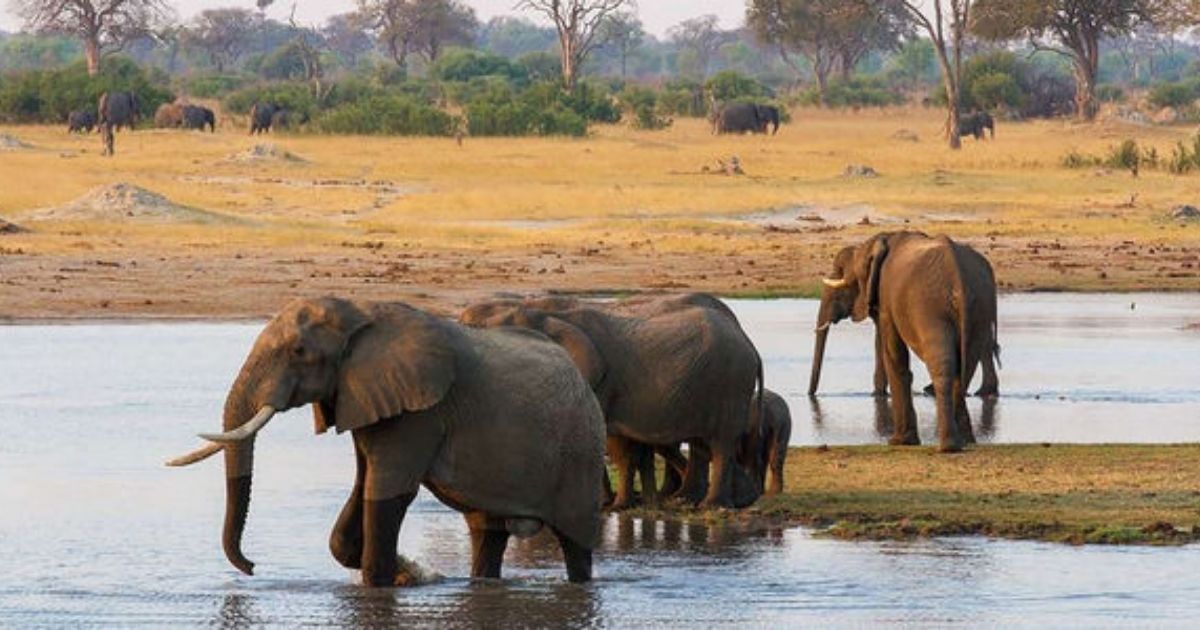Zimbabwe has banned coal mining in all its national parks, reversing a deal it had allowing China to search for coal.
Zimbabwe’s decision comes after advocates expressing concerns about ‘ecological degradation’ in parks as well as the Zimbabwe Environmental Law Association threatening legal action.
The grounds for a potential lawsuit were based on mining prospecting being carried out without an environmental impact assessment certificate having been issued and therefore violates the Environmental Management Act.
Two firms had reportedly been given licenses for coal mining in Hwange, Zimbabwe’s largest park that is home to more than 40,000 elephants as well as several other species.
On Tuesday, September 8, the news of the coal mining decision reversal came after a cabinet meeting. Information Minister Monica Mutsvangwa said the mining ban would take immediate effect. In a BBC News report, she said that ‘steps are being undertaken to immediately cancel all mining titles held in national parks.’
Mutsvangwa also announced a ban on mining along most river beds, in a decision that would affect small-scale local and Chinese gold miners.
According to The New York Times, mining in southern African country’s national parks is a ‘widespread’ problem with coal being their most used source of energy.
“There are gold and diamond mining going on in several national parks across the country, it’s not just in Hwange.
That’s a major threat to biodiversity and to tourism,” Shamiso Mitsi explained, the deputy director of Zimbabwe Environmental Law Association. “It’s an economic issue, you cannot just rely on mining, you need to leverage on other sectors such as tourism.
”
The Zimbabwe Environmental Law Association is hoping to see legally binding documents banning the mining anytime soon.


